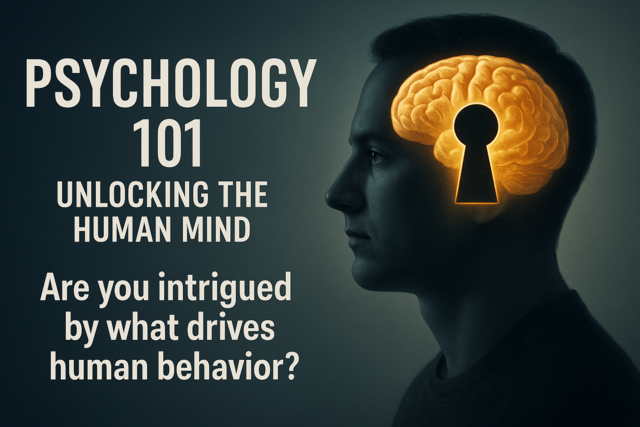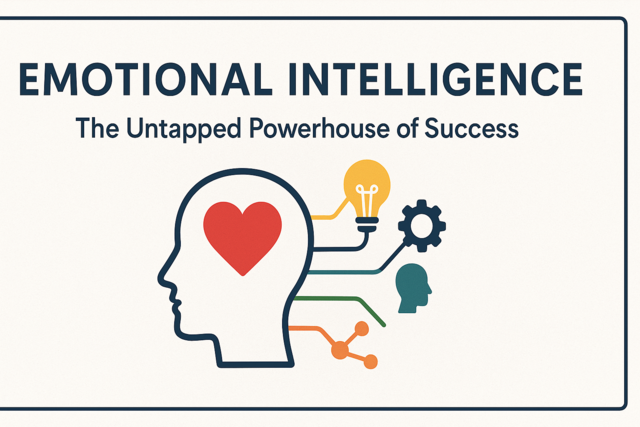Introduction
As with ailments of the body, disorders of the mind were treated in a manner we would find bizarre, frightening, and highly unusual in modern times. Previous to the 16th century, most mental disorders were believed to be caused by demonic possession, witchcraft, Satan worship, and/or divine intervention/possession. Anorexia nervosa was treated with exorcism, as were many nervous disorders. This was gentle treatment compared to the mentally ill who were deemed witches, and were literally burned at the stake. Trephining -- burrowing or scraping holes through the skull -- to release trapped demons, was also a common treatment for mental illness, and the use of bleeding -- purposely opening a vein and allowing blood to flow out of the body -- was frequent.
Philosophers, such as Hippocrates (460-377 B.C.), and early A.D. philosophers, such as Plato, Aristotle, and Galen, had comparatively more modern views than those formed in later centuries. Their views were, in fact, similar to 21st century thought on mental illness. They saw the need for kind treatment of the mentally ill, and realized that trauma and distress often were root causes of many disorders. They also surmised what has been proved factual today: that mental illness can be caused by head injury, and that there is a hereditary predisposition to mental illness.
The 12th through 16th centuries saw a turn to cruelty in dealing with the mentally ill. Imprisonment, starvation, severe beating, and restraint with chains quickly became the preferred method of dealing with the mentally ill.
18th Century
Beginning in the 18th century, the psychological community made some advances in mental illness. The age of enlightenment was in full swing, and humanitarianism was the New Age reform during this time. Chains were removed from patients, as an experiment, and produced great results. Early psychologists of the time began training medical practitioners in the kind treatment of the mentally ill, which also bought excellent results. However, imprisonment and cruel, inhumane treatment of the mentally ill still prevailed across most of world, and commitment to asylums was largely the norm.
19th Century
The 19th century was dominated by a change in general opinion regarding mental illness. Dorothea Dix, a nurse and social reformer, began a revolution in the way people viewed the mentally ill. She gained worldwide recognition for bringing the inhumane treatment of mental patients to the attention of the general public. She established and enlarged 32 mental hospitals in America, Europe, and Japan, and changed treatment practices to those of a humanitarian nature.
20th Century
As with many other changes that were occurring in America, and the world, this century saw much bigger advances in the treatment of the mentally ill. The National Institute of Mental Health was established, the Hill-Burton Act, which provided funding for mental health agencies, was passed, and the age of "deinstitutionalization" began. This essentially meant that institutionalizing patients was used as a last resort, and a shift began toward out-patient care and the use of drugs to treat certain mental illnesses. Sigmund Freud's theories on mental and emotional disorders was gaining worldwide interest. Talk therapy and psychoanalysis became hugely popular for a large part of the population. Alcoholic's Anonymous was founded in 1939. By the end of the 20th century, AA had gained an estimated 1 million members in the U.S. alone. Stigma was reduced to a large degree; this propelled more people who suffered in silence to come forward and seek help for mental problems, which ultimately led to the psychological community having a richer pool from which to perform research. Research, in turn, led to greater developments in therapies that would help millions of people suffering from a variety of mental disorders, as well as the development of numerous drugs that were prescribed in great excess during this century, often to the detriment of the patient.
21st Century
Going forward; the future of Abnormal Psychology
As researchers into abnormal psychology look forward, they seek to find alternatives to the heavy use of prescription drugs in the treatment of various disorders. While in some instances chemical brain imbalances require some medication, findings suggest that less is more in regard to prescribing. Researchers also are seeking to find cures for previously thought "incurable" mental illnesses. As the mental health community learns more about the way the mind works, and what roles heredity, hormones, neurotransmitters, and physiology play in mental illness, the more they will understand how to better treat and cure many disorders of the mind and emotions. The mental health community now stresses the use of exercise, yoga, meditation, diet, supplements, and interaction with healthy peers to increase resistance to stresses that can cause mental illness, and to decrease the effects of a variety of hereditary mental illnesses.
Conclusion
Views, treatment, and understanding of mental illness has changed drastically throughout the ages. Early philosophers understood the need for kind treatment, while 12th to 16th century societies treated the mentally ill with brutality and disgrace. The 20th century saw an upswing to compassion and a turn towards better understanding of the mentally ill. New advances seek to reduce the heavy use of prescription drugs that were so prevalent toward the beginning of the last decade, and researchers have made a shift into finding alternative and/or holistic approaches to diagnoses and treatment of mental illnesses.






























